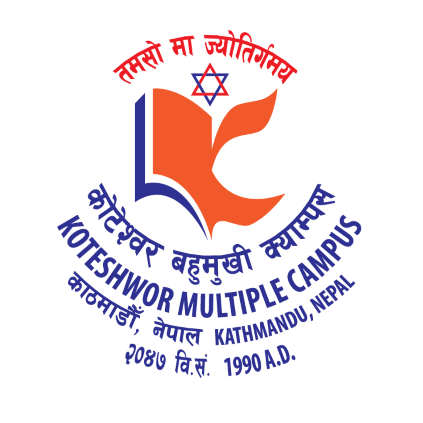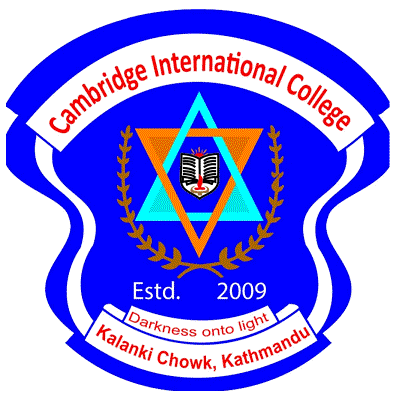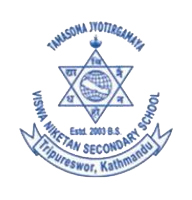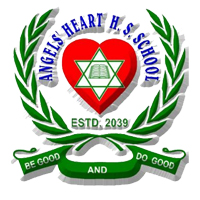Overview
Ten Plus Two (+2) Education at Pasang Lhamu Sherpa Memorial College, Samakhusi, Kathmandu
Ten Plus Two (+2) Education at Pasang Lhamu Sherpa Memorial College follows the National Examination Board (NEB) curriculum for Grades 11 and 12.
The program serves students who aim to start a teaching pathway, community work, or further studies in Education, Psychology, and Social Sciences in Nepal.
The course structure includes compulsory English and Nepali, and a third compulsory subject from Social Studies & Life Skills Education or Mathematics, as per NEB.
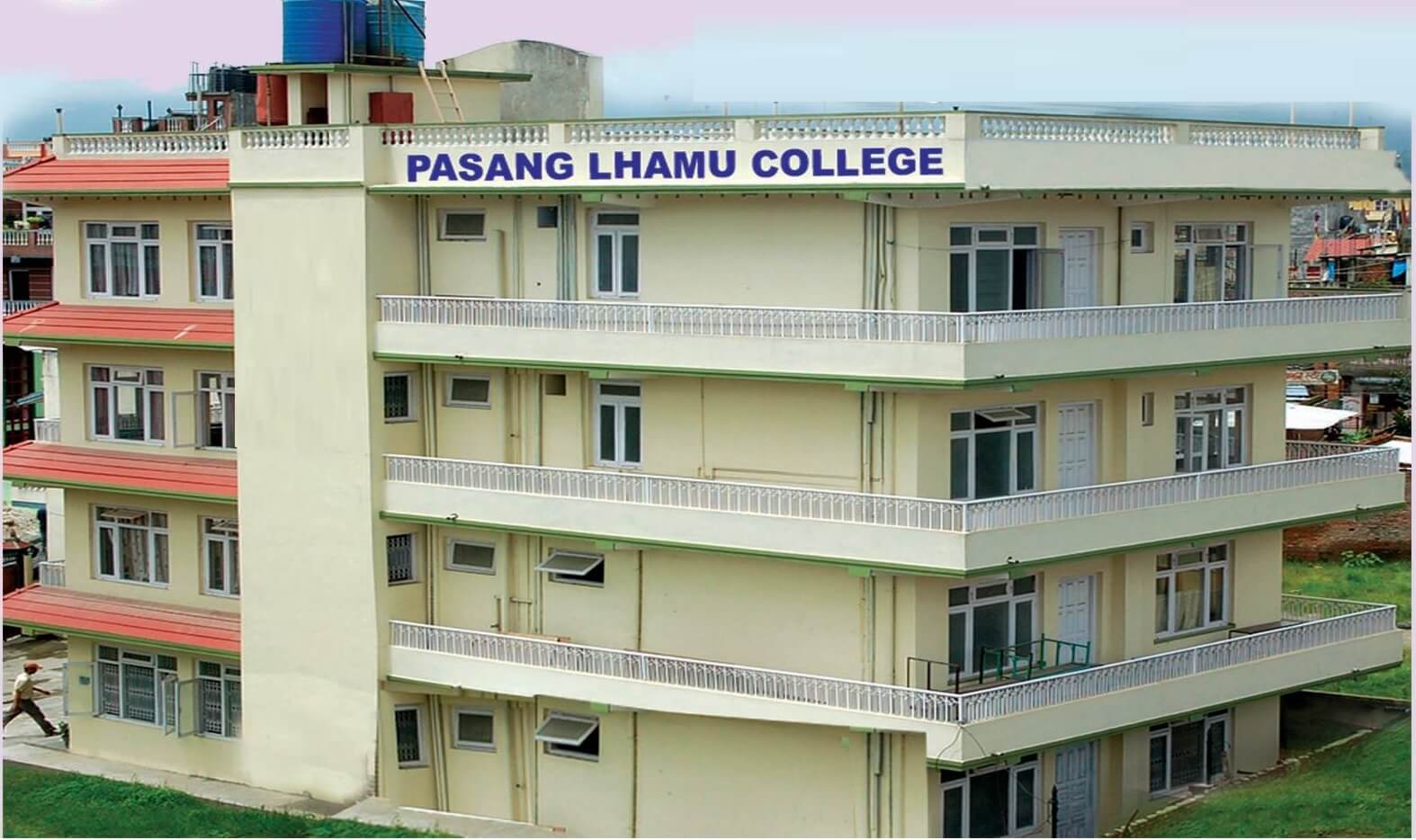
Highlights
-
NEB curriculum with level-wise competencies, learning outcomes, and assessment guidelines.
-
Subject choices grounded in Education studies: Child Development and Learning, Education and Development, Instructional Pedagogy and Evaluation.
-
Assessment methods that mix internal evaluation and external board exams as specified by NEB subject curricula.
Curriculum Details
Students study the NEB compulsory subjects across two years, plus Education-focused options:
-
Compulsory subjects: English, Nepali, and either Social Studies & Life Skills Education or Mathematics (as per NEB updates).
-
Education group subjects typically offered in this stream include:
-
Child Development and Learning (Grade 11): human growth, learning theories, classroom applications, parental engagement, and project work.
-
Education and Development: education policy, national integration, social development, and community linkages.
-
Instructional Pedagogy and Evaluation (Grade 12): teaching strategies, assessment tools, classroom research, and reflective practice.
-
-
Optional supporting subjects may include Psychology, Basic Business Finance, Information Technology, or Mathematics depending on NEB combinations set each academic year.
Objectives
-
Build a clear foundation in educational psychology, classroom instruction, curriculum basics, and assessment.
-
Develop confidence in lesson planning, facilitation, observation, feedback, and small-scale school projects.
-
Prepare students for Bachelor-level programs in Education and related social sciences in Nepal.
Scope
-
Further study: B.Ed., BA (Education), BSW, Psychology, and allied disciplines.
-
Community roles: early years support, school assistant roles, educational outreach, and NGO field support in education-related projects.
-
Long-term pathway: teaching credentials through Bachelor’s and professional licensing as required by national policy.
Learning Outcomes
By the end of Grade 12, students should be able to:
-
Explain key learning theories and apply them in classroom tasks and micro-teaching.
-
Plan age-appropriate lessons, draft simple assessments, and analyze classroom evidence for improvement.
-
Communicate ideas in clear English and Nepali, as the compulsory curricula require grade-wise outcomes in reading, writing, listening, and speaking.
-
Participate in community-based education activities and report findings using basic research steps guided by NEB subjects.
Skill Development Modules
-
Classroom communication and presentation (instructional talk, questioning, feedback).
-
Child observation, note-taking, and reflective journals tied to field activities.
-
Project-based work: survey, mini-research, model construction, or paper-based study as listed in NEB curricula.
-
Academic writing and referencing skills aligned with the English curriculum’s outcomes.
Teaching Methodology
The college follows NEB guidance that encourages activity-based learning, project work, and practical assessment alongside theory. Students engage in lesson simulations, small-group tasks, and formative checks before board examinations.
Admission Requirements
-
Completion of SEE or equivalent with eligibility for NEB Grade 11 admission.
-
Stream selection based on subject combinations available for the academic year following NEB rules.
Career Opportunities
-
Assistant roles in schools, early childhood centers, and education support units.
-
Entry points in community education and NGO projects focused on school health, literacy, and local education campaigns.
-
A clear route to B.Ed. and teaching credentials for school-level careers in Nepal.
Scholarships and Financial Aid
-
Merit-based and need-based scholarships are available at the college level as announced each intake cycle.
-
NEB policy-based concessions or local support programs may apply as per prevailing rules.
Why Choose This Course?
-
Students gain a structured start in the study of Education with official NEB syllabi that spell out competencies and evaluation.
-
Coursework links theory to classroom practice through micro-teaching and project work specified in subject documents.
Conclusion
The +2 Education stream gives you a steady base for future teacher training and social sector work. The pathway is clear, nationally recognized, and aligned to NEB learning outcomes and assessments for Grades 11 and 12.



